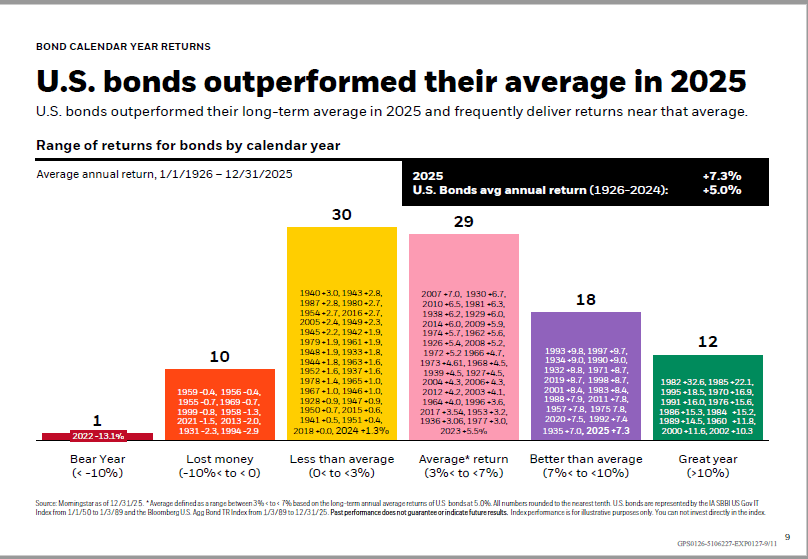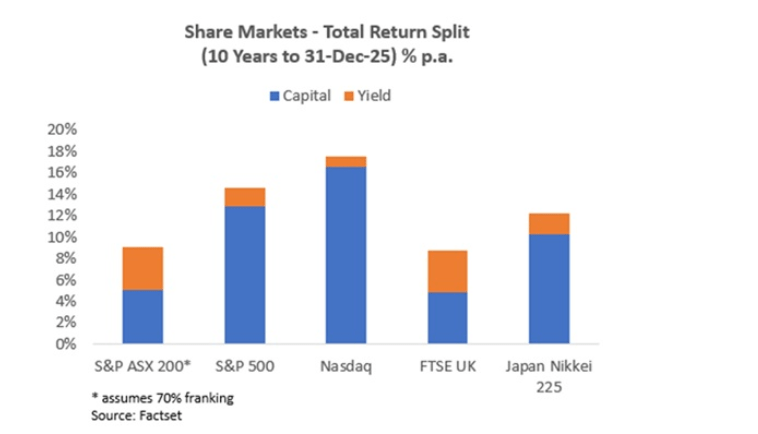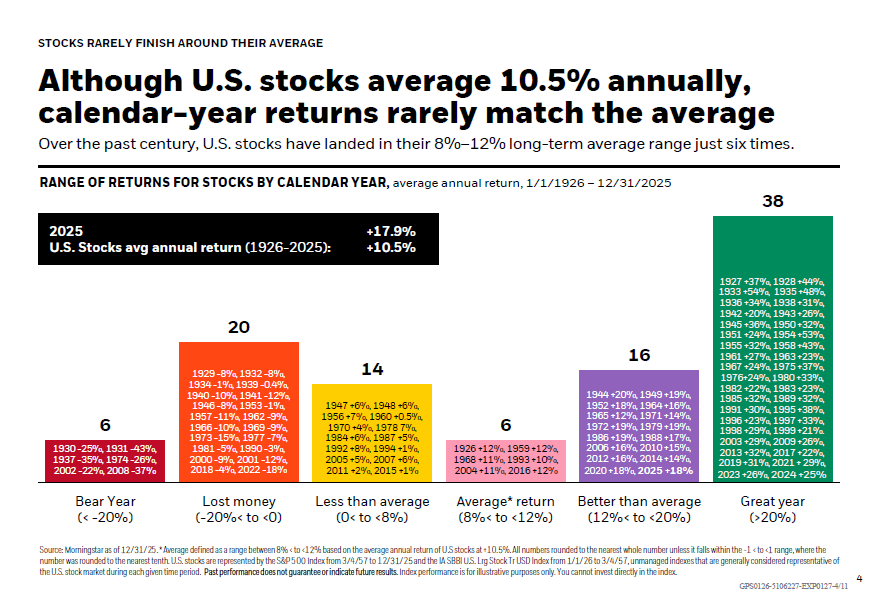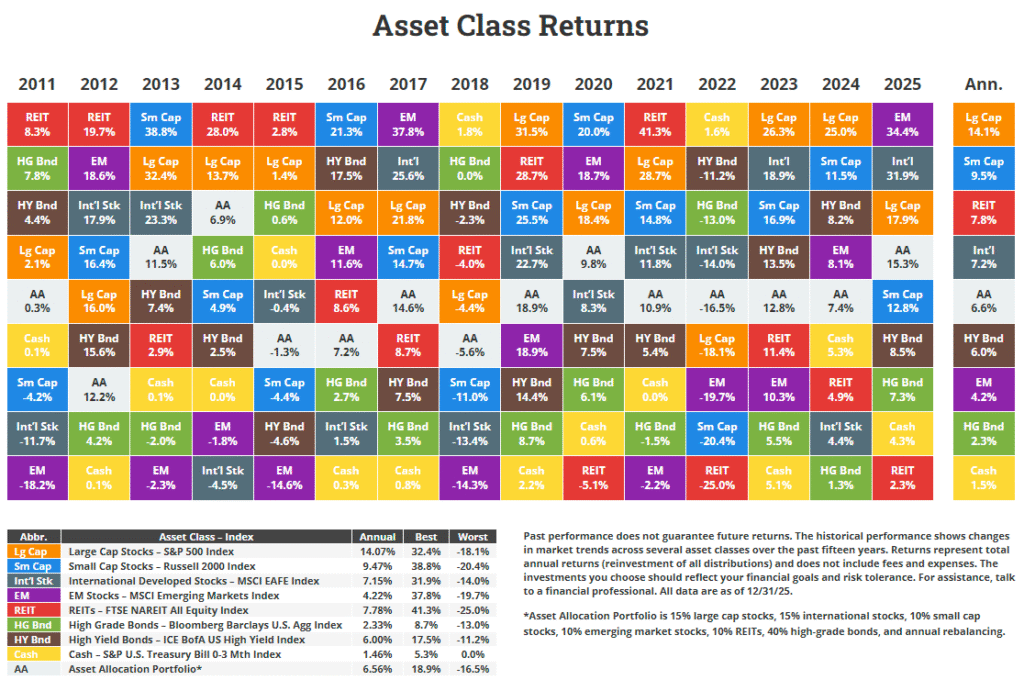Active investing is not s good investment strategy for most retail investors. Passive investing trumps active investing in the developed markets. But does it make sense to follow active investing in emerging markets?
According to a recent article at CityWire, active investing makes sense in emerging market due to many reasons. The article notes some important justifications for active investing. From the article:
One of the first decisions any investor has to make is whether to invest with an active manager or seek to track an index. This is no different for emerging markets. However, we believe the decision is more complex for emerging markets, which have a number of idiosyncratic characteristics. Investors need to take this into account when making a choice.
The factors that influence the performance of emerging markets are often as much about external events as they are about internal events, and this is important when considering how to invest. Emerging markets will go up and down depending on what is happening globally as much as their domestic situation. For example, the global financial crisis had profound effects on emerging markets, even though it was largely a developed markets problem.
There is no question that these markets are more volatile than developed markets – around 1.5x, although there is some variance around that in individual markets and stocks. There are clear reasons for this: turnover is lower in most stocks. Equally, the free float for most emerging market companies is around 30-40% compared to 60-70% for developed markets. The free float is the number of shares available for sale to private investors, as opposed to – for example – company executives, or the government. Lower turnover and free float means that a pound going in and out has a greater impact on the share price of an emerging market company.
Source: Why it pays to be active in emerging markets, CityWire UK
The full article is worth a read.
Related ETFs:
Disclosure: No Positions



